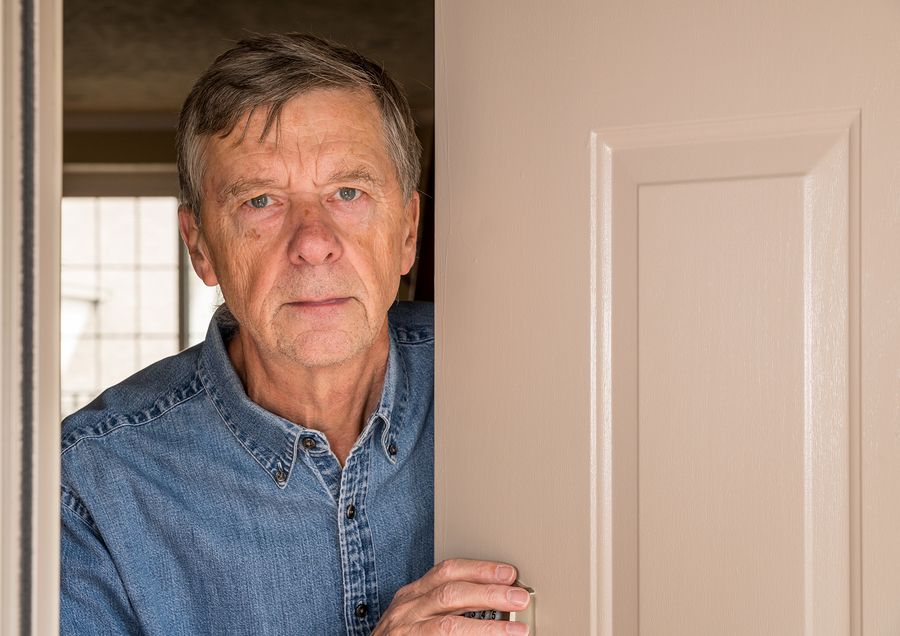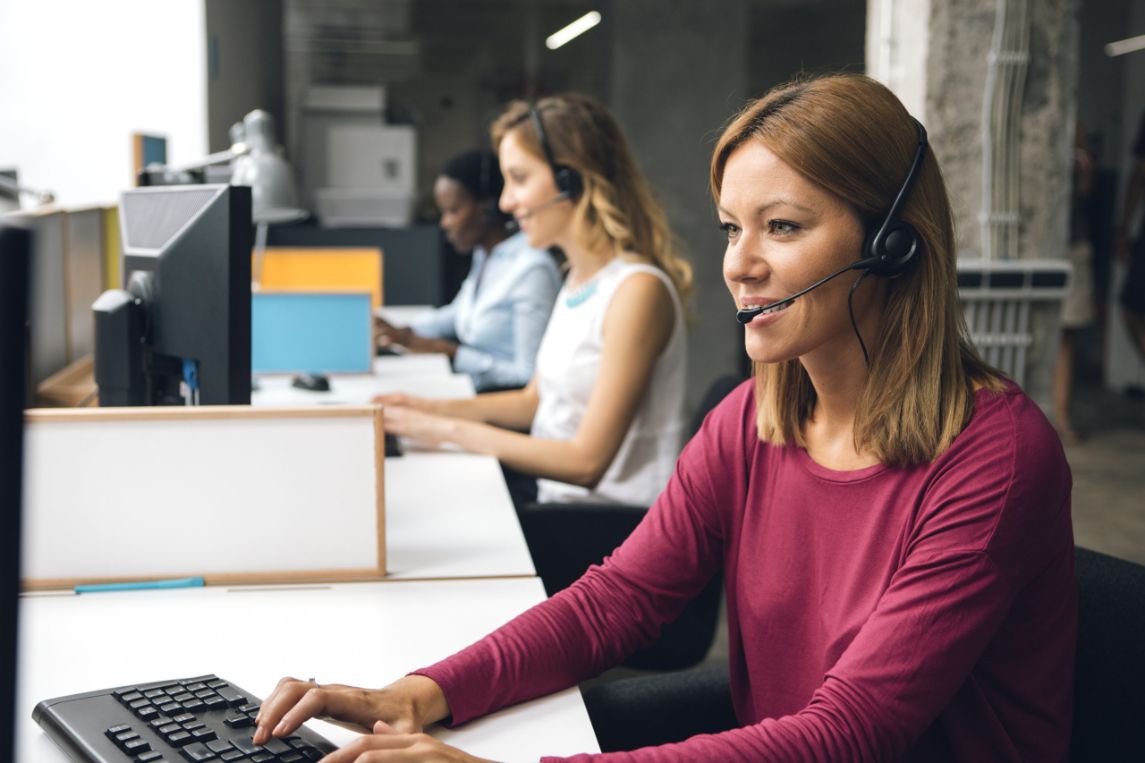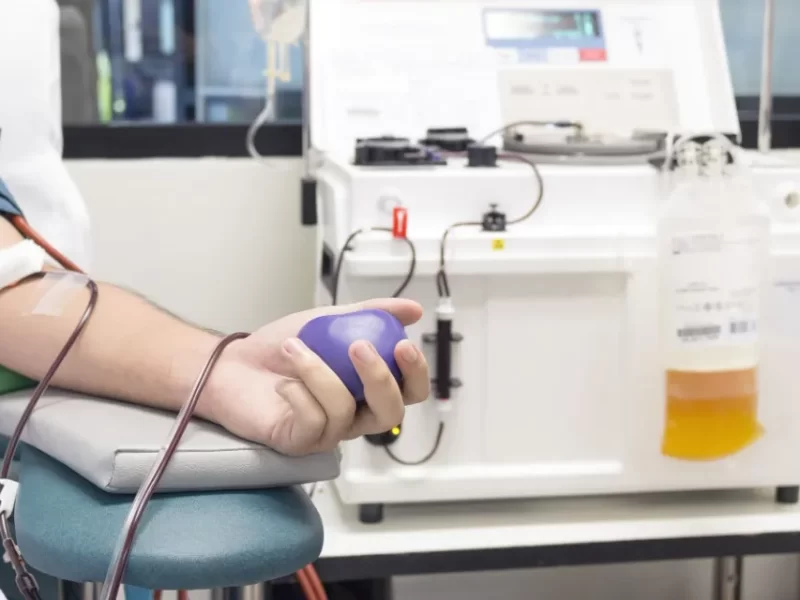This short guide will discuss how frequently senior check-ins should be performed so that you can be certain that your loved one is receiving the care they need and that you can schedule these check-ins to fit into your schedule as well.
If you provide care for an elderly or aging family member, you are more than aware of how long the list of daily tasks is in order to make sure that all of their needs are met. Senior check-ins should be your top priority whether the elderly adult you are caring for lives at home or is a resident of a care facility.
The most trustworthy way to check on someone’s welfare if you can’t get in touch with them is to call the police. We’ll examine the specific information you need to know today to check on the welfare of seniors in an effort to help you avoid the conclusion.
How to Perform a Welfare Check?
These kinds of phone calls are made frequently to elderly people to make sure they haven’t fallen and broken their hip, taken the wrong medication, or something even worse.
It’s simple to perform a welfare check. Start by phoning them or knocking on their door to try to get in touch. The police should be contacted if this doesn’t work.

You might then try calling your neighborhood police department if you can’t get in touch with them. The 911 emergency number and the actual police department are the two numbers that can be used to contact your local police. Choose a phone number at your discretion.
Avoid attempting to perform a wellness check on your own if there is a possibility of elder abuse. Call social services or the police right away. The fact that these calls can be placed anonymously is important to note. Unless the caller expressly requests to remain anonymous, the police may reveal who made the call.
The caller is unlikely to be concerned about maintaining their anonymity if the person who needs help is likely to be dealing with some sort of medical condition. Maintaining one’s anonymity when contacting social services is a smart move.
When to Request a Wellness Check?
In recent years, wellness checks have become a vital tool for the safety of many young people in the nation. Previously, they were only associated with the elderly. Police are conducting welfare checks for people who may commit suicide more frequently as a result of the rise in suicide rates among adolescents and young adults.
Here are common reasons to contact the police about a wellness check are:
- I haven’t observed them acting in their usual patterns lately.
- They can’t be reached by phone, text, or by knocking on their door.
- Cries for assistance are audible.
- At the house, certain things are not as they usually are (e.g., the garage door is left open, and the individual is They are VERY particular about never leaving the garage door open.)
- The mailbox is overflowing with mail, but the person hasn’t been out much recently.
- The front door’s mailbox has been full of packages for days.

- For days, trash cans have been parked by the street.
- The lawn has become wildly unmaintained.
- Unusual bruises are continually visible on the person.
- The person’s personality has evolved.
- Recently, the person has been depressed for no apparent reason.
- Recently, the person has spoken frequently about suicide and other related topics.
- The person is experiencing an altered state of consciousness, such as babbling strangely, but you don’t think it’s a stroke)
- A senior citizen is seen walking down the street while clearly confused. This might indicate a wandering person with Alzheimer’s or dementia.
No matter the circumstance, it’s crucial to be certain that a loved one is in danger before asking the police to check on them.
What Happens After a Police Welfare Check?
The majority of people rarely consider what will happen after the authorities have checked on the person at the time of the call. Police will let you know if they arrive at the scene and discover that the person is okay and that you were unable to contact them due to a communication error.
However, if the police discover the person hurt, ill, or already dead, they will immediately call for medical help and get in touch with you to come to the scene (they will remain at the residence until you arrive). And finally, a criminal investigation will be launched if the person was killed and there was any evidence of foul play.
The most frequent reason for asking the police to conduct a welfare check is to see how an elderly person who lives alone is doing, although there are countless other reasons as well.



